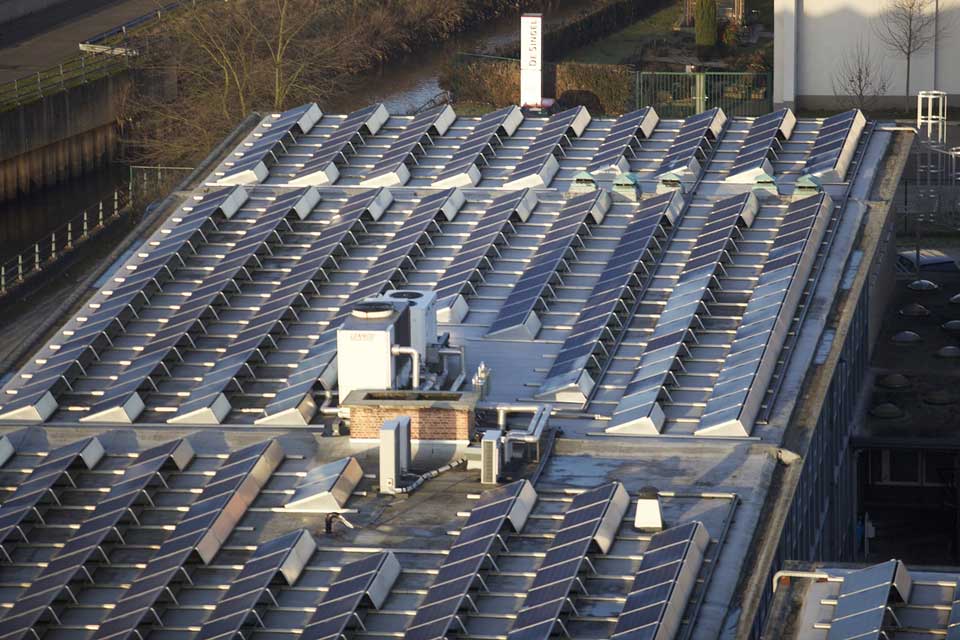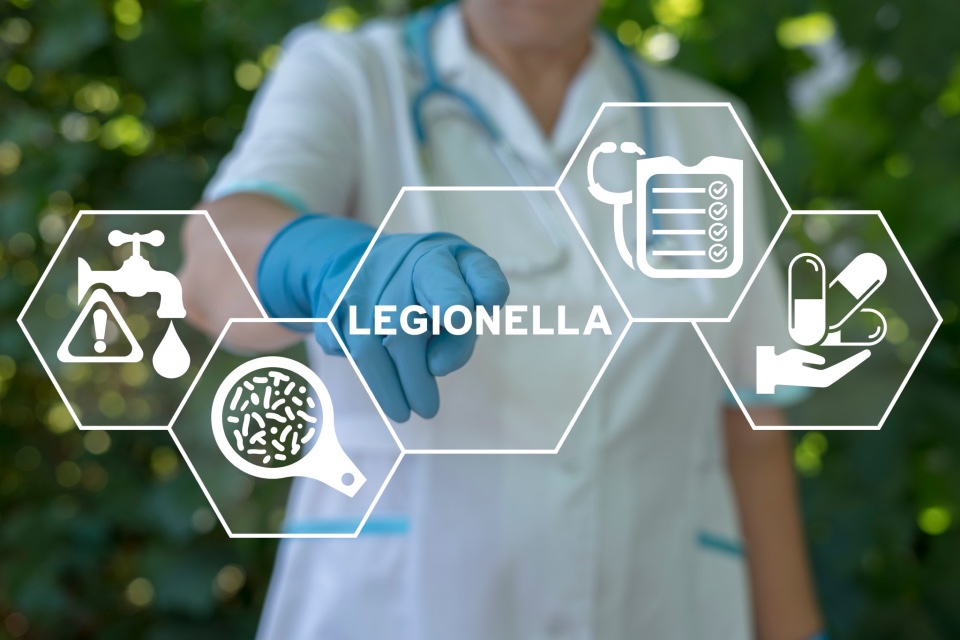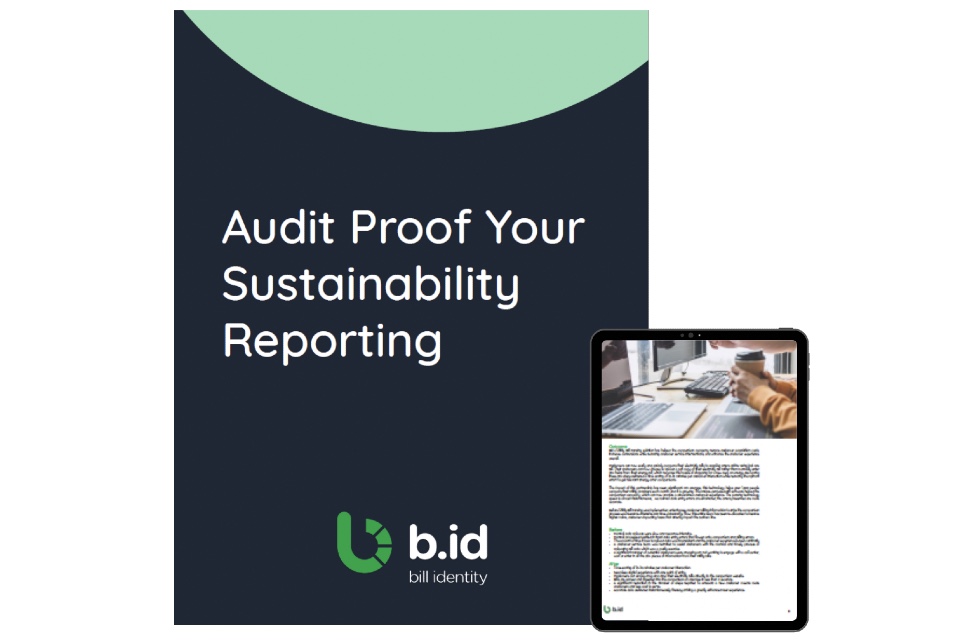WATER MANAGEMENT MONTH: Turn the tide in your favour by choosing the best suppliers
https://energymanagementsummit.co.uk/wp-content/uploads/2024/05/water-wesley-tingey-9-OCsKoyQlk-unsplash.jpg 960 640 Stuart O'Brien Stuart O'Brien https://secure.gravatar.com/avatar/81af0597d5c9bfe2231f1397b411745a?s=96&d=mm&r=gRising water costs coupled with an ever-increasing demand for this precious resource necessitate proactive water management strategies. But with a multitude of water management solutions providers vying for your attention, navigating the options can feel like searching for an oasis in a desert. Fear not! Here are some top tips to help you find the perfect partner to quench your organisation’s water usage and reduce your environmental footprint…
Understanding Your Water Consumption
- Water Audit & Benchmarking: Conduct a comprehensive water audit to identify areas of high water consumption within your facilities. Benchmark your water usage against industry standards to assess your efficiency.
- Identifying Leakages: Leaking pipes and inefficient fixtures can account for significant water wastage. Invest in leak detection technologies or implement regular visual inspections.
- Water Usage Breakdown: Disaggregate your water consumption data to identify specific areas where water reduction strategies can be implemented. This could include washrooms, catering facilities, or irrigation systems.
Matching Provider Expertise
- Industry Experience: Seek providers with a proven track record in your specific sector, whether it’s facilities management, hospitality, or manufacturing. They’ll understand the unique water challenges you face.
- Solution Portfolio Review: Ask for a portfolio showcasing the provider’s water management solutions. Look for a range of options like rainwater harvesting systems, water-efficient fixtures, or real-time monitoring technology.
- Sustainability Credentials: Prioritise providers who are committed to sustainable practices and offer solutions that align with your organisation’s environmental sustainability goals.
Functionality and Cost-Effectiveness
- Return on Investment (ROI): Evaluate the ROI of proposed solutions. Consider upfront costs, potential water savings, and long-term operational savings. Choose solutions that offer a clear pathway to cost reduction.
- Scalability & Future Planning: Select solutions that can adapt to your organisation’s future needs. Consider potential growth or changes in occupancy that might impact water consumption.
- Integration Considerations: Water management solutions should ideally integrate with existing building management systems (BMS) for centralized data monitoring and improved operational efficiency.
Collaboration and Partnerships
- Clear Communication: Choose a provider who actively listens to your needs and works collaboratively throughout the planning and implementation stages. Open communication fosters a successful partnership.
- Staff Training and Engagement: Enquire about the provider’s approach to staff training and engagement.Empowering staff with water-saving practices is crucial for a sustainable water management strategy.
- Ongoing Support & Maintenance: Ensure the provider offers reliable technical support and maintenance services to ensure the ongoing effectiveness of the implemented solutions.
Beyond the Meter: A Holistic Approach
Leading water management solutions providers go beyond simply installing technology. Look for partners who offer a comprehensive approach:
- Data Analytics & Insights: Real-time data analysis of water usage patterns allows for targeted interventions and continuous improvement strategies.
- Behavioural Change Programs: Engaging staff through awareness campaigns and water-saving incentives promotes a culture of water conservation within your organisation.
- Regulatory Compliance Support: Providers can help navigate complex water regulations and ensure your organisation remains compliant.
Investing in a Sustainable Future
By following these top tips and fostering a collaborative partnership with a water management solutions provider, you can significantly reduce your organisation’s water footprint, lower costs, and demonstrate your commitment to environmental sustainability. Remember, water is a precious resource, and its responsible management is not just an environmental responsibility, it’s a smart business decision. So, take action, source the best partner for your needs, and turn the tide towards a more water-efficient future for your organisation.
Are you searching for Water Management Services for your organisation? The Energy Management Summit can help!
Photo by Wesley Tingey on Unsplash








